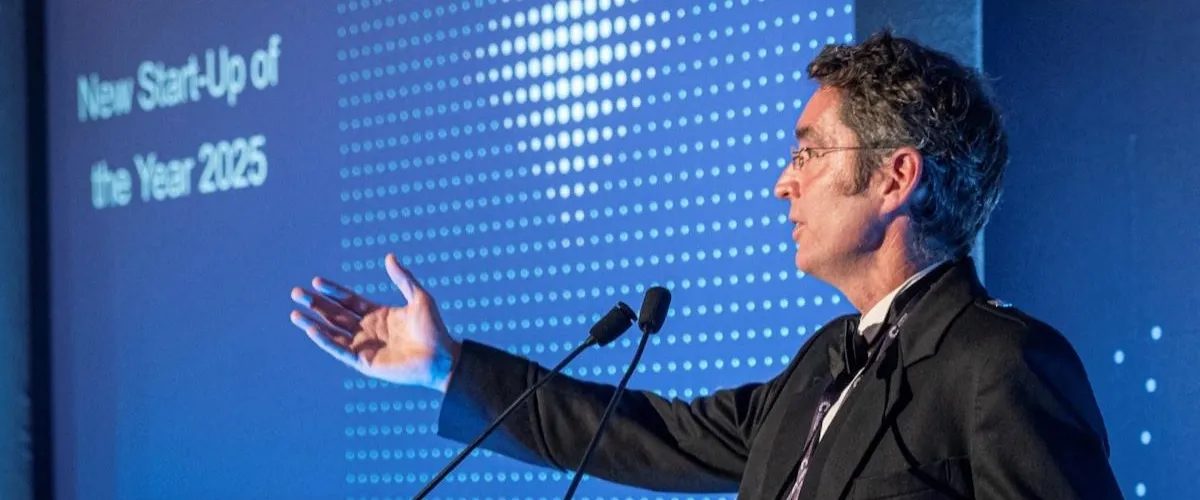

Trogenix, a pioneering biotech company dedicated to developing innovative cancer therapies, announced the completion of its Series A financing, raising £70 million. The funding will enable the rapid advancement of its robust pipeline of potentially curative cancer therapies across multiple aggressive solid tumours into the clinic.
The Series A financing was led by IQ Capital with participation from founding investor 4BIO Capital, returning investors Cancer Research Horizons, the Brain Tumor Investment Fund, and new investors Eli Lilly and Company, Meltwind, LongeVC, and Calculus Capital, as well as undisclosed private investors. The investment underscores the transformative, curative potential of Trogenix’s precision genetic medicines driven by the company’s Odysseus® platform that identifies and targets the universal vulnerabilities of solid tumours.
Trogenix’s revolutionary technology delivers highly potent combination payloads that kill cancerous cells and stimulate the immune system whilst leaving surrounding healthy tissue untouched, thereby changing the treatment paradigm for cancer patients.
Trogenix is revolutionising cancer treatment by combining the dual power of cancer cell killing and immune stimulation, delivered via a Trojan Horse approach that reawakens the immune system to provide long-term protection against tumour recurrence. Playing a central role to Trogenix’s precision cancer treatments are its proprietary Synthetic Super Enhancers (SSEs) which are activated by targeting the unique identity of diseased cell states, rather than individual genes, to control two key payloads: a cytotoxic prodrug converting enzyme and an immune stimulating cytokine. SSEs are exquisitely designed using Trogenix’s proprietary technology platform, Odysseus®, which rigorously identifies and optimises targets in cancer cells to rapidly generate candidates with manufacturable profiles for preclinical development.
Trogenix’s lead programme, in glioblastoma (GBM), one of the most aggressive and treatment-resistant brain cancers, is advancing toward clinical trials with first patient dosing anticipated in Q1 2026. Only 25% of GBM patients survive beyond one year and despite decades of research and significant investment, treatment options remain severely limited. The company’s follow-on programme is in colorectal cancer liver metastases (CRCLM). Colorectal cancer is the third most common cancer worldwide, with at least 25% of patients developing CRCLM.
In addition to its lead and follow-on programmes, Trogenix will be developing its pipeline focused on other aggressive solid cancers including hepatocellular carcinoma and non-small cell lung carcinoma.